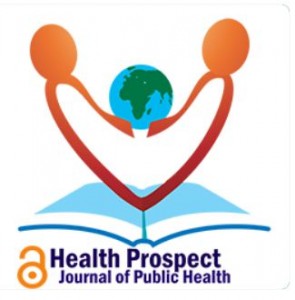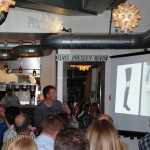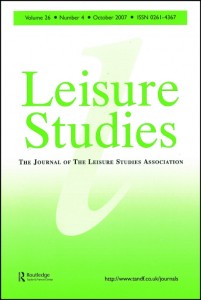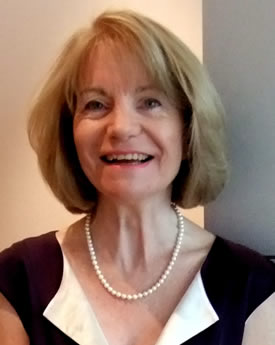Monday
Higher Education Academy
The HEA has withdrawn its current plans to significantly increase its subscription fees after they were rejected by vice-chancellors. HEA halts plan to hike university subscription fees (THE).
Tuesday
Employment
According to the latest Graduate Market Trends report, employment rate for master’s students has significantly risen for the first time since the recession. Graduate jobs outlook improves for those with a master’s (THE).
Wednesday
Inequality
Former York Chancellor has said that leading universities should lower entry requirements for students from poor backgrounds. Greg Dyke – ‘total cop-out’ to blame access inequality on schools (THE).
Thursday
Jeremy Corbyn
Jeremy Corbyn is still keen that his goal to scrap tuition fees will become Labour Party policy, but acknowledges that it will take “serious debate within the party to achieve” and that he is “not a dictator” in an interview with the THE. Jeremy Corbyn still wants to scrap fees but is no ‘dictator’ (THE).
New Guidance
Following on from the Prime Minister’s announcement of a new requirement for universities to routinely publish data on the backgrounds of their applicants, new guidance has been issued to the Director of Fair Access (DFA) outlining the priorities for widening access and success for disadvantaged students. You can view details of the guidance here.
Degree Apprenticeships
Sajid Javid, the Business Secretary, has called on all universities to provide degree apprenticeships to raise the quality of what is available Russell Group should introduce degree apprenticeships, says business secretary (Research Professional).
Vice-Chancellor Salary
The University and College Union used Freedom of Information requests to reveal vice-chancellor’s pay packages and expenses. University bosses’ pay ‘inflation-busting’ (BBC News).
Friday
Ucas
Ucas has said that it is in talks to open up access to more of its data, after the admissions service was branded a “barrier” to gathering better information on disadvantaged students by the president of Universities UK. Ucas a ‘barrier’ to better data on access, says UUK president (THE).
Student Loans
As part of the new strategy designed to help recoup more of the £457 million portion of the UK student loan book that is held by non-paying or “unverified” borrowers who live overseas, the UK and Australian governments are set to share data on expatriate graduates to improve student debt collection. UK and Australia set to collaborate on student loan repayment (THE).
Gender Pay Gap
Companies with over 250 employees will be forced to reveal their pay gap under new plans. Firms forced to reveal gender pay gap (BBC News).
























 Free event on Solutions to Inequalities in Dementia Diagnosis and Care
Free event on Solutions to Inequalities in Dementia Diagnosis and Care BU attendance at third annual GCPHR meeting in June
BU attendance at third annual GCPHR meeting in June Interactive Tangible and Intangible Heritage Applications – BU student work featured in new book chapter
Interactive Tangible and Intangible Heritage Applications – BU student work featured in new book chapter Second NIHR MIHERC meeting in Bournemouth this week
Second NIHR MIHERC meeting in Bournemouth this week MSCA Postdoctoral Fellowships 2025 Call
MSCA Postdoctoral Fellowships 2025 Call ERC Advanced Grant 2025 Webinar
ERC Advanced Grant 2025 Webinar Horizon Europe Work Programme 2025 Published
Horizon Europe Work Programme 2025 Published Horizon Europe 2025 Work Programme pre-Published
Horizon Europe 2025 Work Programme pre-Published Update on UKRO services
Update on UKRO services European research project exploring use of ‘virtual twins’ to better manage metabolic associated fatty liver disease
European research project exploring use of ‘virtual twins’ to better manage metabolic associated fatty liver disease